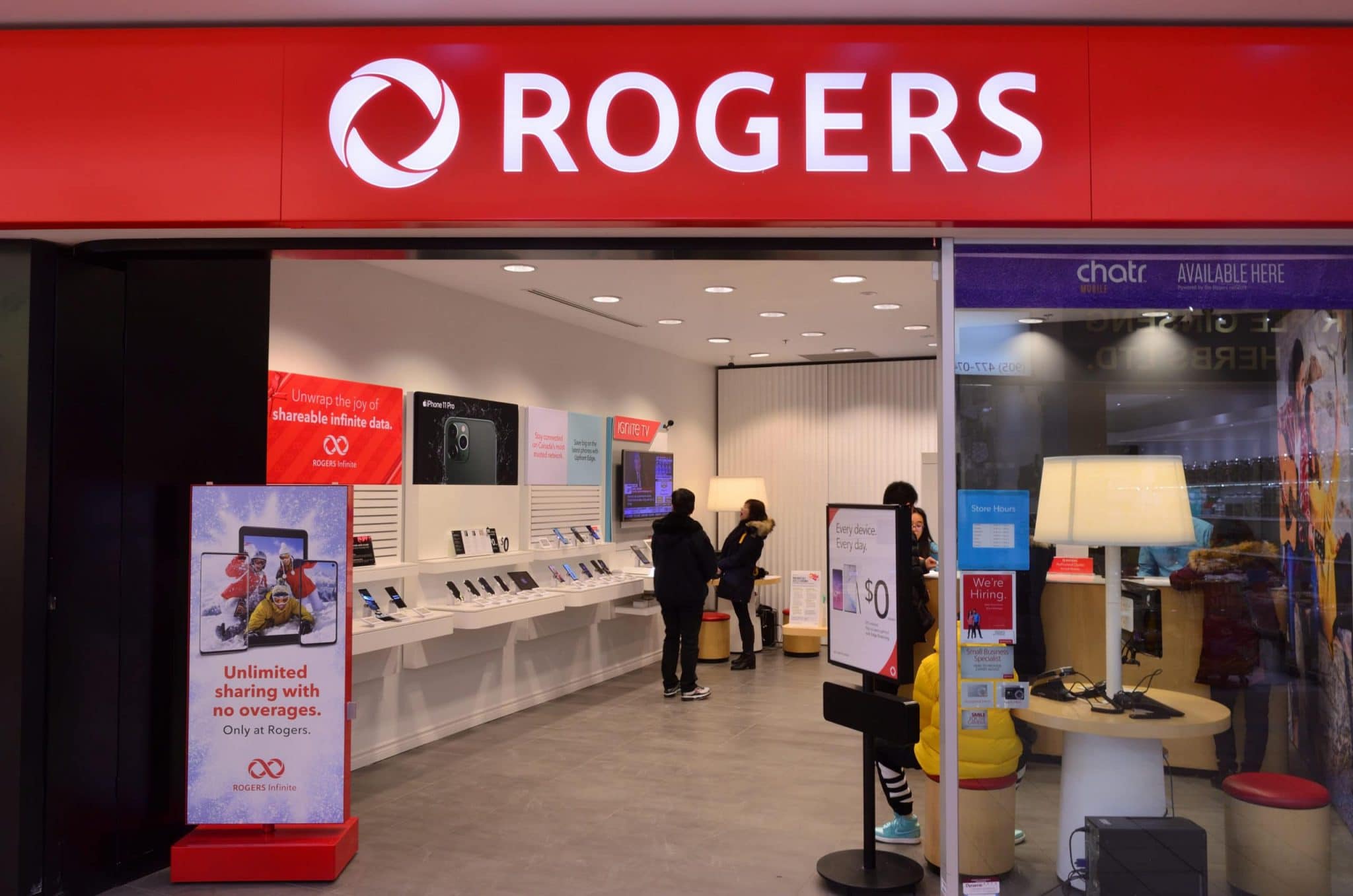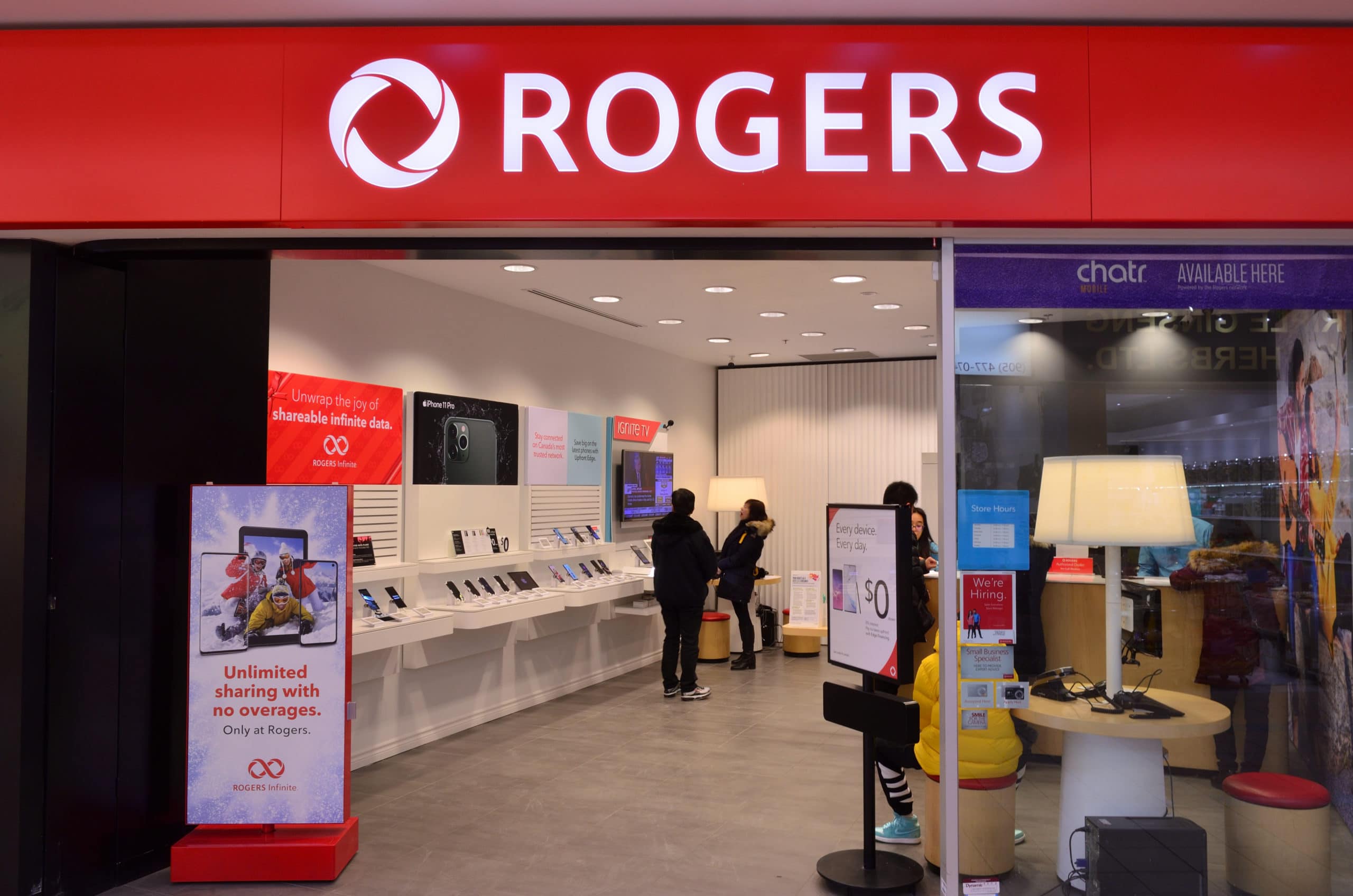Rogers’ bid for Shaw is bad for Canada, this expert says

 It’s Canadian customers that will come out losers in the proposed merger of telecom companies Rogers Communications (Rogers Communications Stock Quote, Chart, News, Analysts, Financials TSX:RCI.B) and Shaw Communications (Shaw Communications Stock Quote, Chart, News, Analysts, Financials TSX:SJR.B), according to one expert who says Shaw and its recent push as a fourth competitor in the Canadian landscape will be sorely missed.
It’s Canadian customers that will come out losers in the proposed merger of telecom companies Rogers Communications (Rogers Communications Stock Quote, Chart, News, Analysts, Financials TSX:RCI.B) and Shaw Communications (Shaw Communications Stock Quote, Chart, News, Analysts, Financials TSX:SJR.B), according to one expert who says Shaw and its recent push as a fourth competitor in the Canadian landscape will be sorely missed.
News broke on Monday that Rogers and Shaw had reached an agreement for the former to acquire all of the latter in a blockbuster $26-billion deal. The merger, which will require regulatory approvals to proceed, would see the combined company spend $2.5 billion in its 5G buildout over the next five years in Western Canada, a move which would improve service and enhance competitiveness, according to the companies. Rogers said it would extend a price freeze on current customers of Shaw’s successful Freedom Mobile and it would launch a $1-billion fund to support connectivity in rural, remote and Indigenous communities.
“The combination of Rogers and Shaw builds on the strong legacy of two family-founded Canadian companies,” read a joint press release from the two companies. “The combined entity will have the scale, assets and capabilities needed to deliver unprecedented wireline and wireless broadband and network investments, innovation and growth in new telecommunications services, and greater choice for Canadian consumers and businesses.”
Rogers’ share price rose three per cent in trading on Monday while Shaw jumped a full 43 per cent on Monday to $33.85 per share, still well below the offer price of $40.50 in a sign that the market sees plenty of work on the regulatory front to do before the deal goes through.
If it does, Canadians will be worse for wear, according to Dwayne Winseck, director of the Canadian Media Concentration Research Project at Carleton University, who says a Rogers-Shaw merger would go against the federal government’s stated goal of improving competition within the telecom sector where aside from the big three carriers, Bell, Telus and Rogers, Shaw has been an important fourth player keeping prices in check for wireless subscribers.
“I think it’s a major blow to competition, especially [considering] the activities that have been taken by both the conservative and liberal governments over a dozen years to instil greater competition in the mobile wireless markets,” said Winseck, speaking on BNN Bloomberg on Tuesday.
“But it’s not just limited to mobile wireless. It also covers internet access, the cable television market and they’ll have a impact across the media economy in this country as a whole.”
Winseck pointed to Bell’s purchase of Manitoba-based provider MTS in 2017 which was approved by the Canadian Radio-television and Telecommunications Commission (CRTC) after heated debate and criticism of the deal, as at the time MTS was seen as a healthy competitor in the province.
“I think we learned a big lesson from the competition bureau’s attempt to gerrymander an alternative in the case of Bell’s acquisition of MTS,” Winseck said. “In 2017, it tried to hothouse a fourth competitor into the Manitoba market to take account of the loss of MTF and that’s been a complete failure.”
“We’ve also seen convergence of pricing between Manitoba and Bell’s pricing in Ontario and in the past, MTS had been a leader with respect to the introduction of more affordable data plans, unlimited plans and lower pricing for its mobile wireless plans period as well as for its Internet access service, all that is gone now,” Winseck said. “And we don’’t have a viable competitor to pick up for that loss.”
Winseck pointed out that Shaw had been spending heavily on building out its network, even more as a percentage of revenue than Rogers has in recent years, and it’s that capital expenditure that had been putting pressure on Canada’s bigger telcos.
“Shaw has been a leader in Ontario, BC and Alberta, the provinces where it has operated, and it has forced the big three national carriers, Bell, Telus and Rogers to basically come around to meet it,” Winseck said.
“We’re going to lose that, and Canada doesn’t have any room to lose on this because we already fare at the bottom of the heap when it comes to mobile wireless access in this country compared to the OECD countries,” he said.
Rogers’ share price had been in a multi-year slump dating back to early 2019, while Shaw hadn’t been faring much better, having dropped fairly steadily from a high of about $30.00 back in 2017 to the $23.00 it was at before Monday.
As for Shaw shareholders, the question now is whether to take the winnings and run or hold out for better. Portfolio manager Christine Poole of GlobeInvest Capital says the chances look good that the merger will pass regulatory scrutiny, although Rogers will likely be required to divest some of its holdings, in particular Shaw’s wireless assets.
“If I owned [Shaw], I would keep owning it and see how it plays out,” said Poole, speaking on BNN Bloomberg on Tuesday. “I do think [the deal] probably will [go through]. It’s going to be a lot of regulatory scrutiny over the next year as this plays out, but for now maybe keep holding it and maybe as it gets closer to that to that takeout price or even the high $30s you can rotate your money into something else that has more potential upside.”


